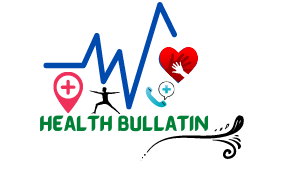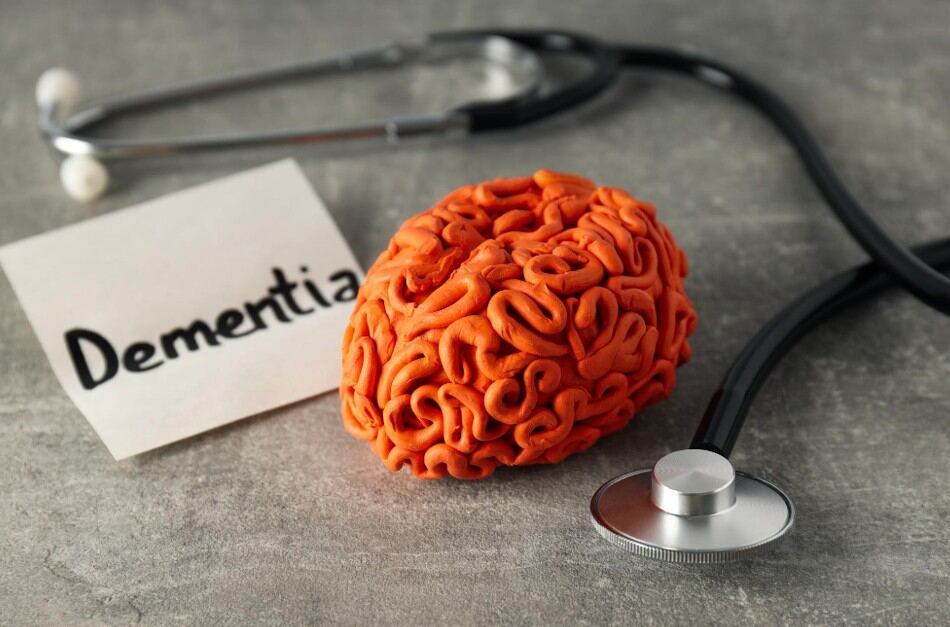Dementia is often associated with ageing, but early-onset dementia can affect people under 65. Recognising the symptoms early can make a significant difference in managing the condition and improving quality of life.
It can be a difficult topic to discuss with your loved ones, but knowing what to look out and monitoring changes over time can be crucial to helping ensure they get the support they need. Here’s what you need to know about spotting early-onset dementia and what steps to take.
1. Recognising the Signs
It’s important to know what early onset dementia looks like, though it can vary somewhat from person to person. Understanding the common symptoms and noticing them early on can be key to ensuring the best care for your family members.
Some early symptoms of dementia include:
- Memory loss that disrupts daily life
- Difficulty finding words or following conversations
- Struggling with problem-solving or decision-making
- Mood changes, such as increased irritability or depression
- Confusion with time and place
- Difficulty performing familiar tasks
- Changes in personality or behaviour
- Increased difficulty with coordination and movement
2. Risk Factors for Early-Onset Dementia
While dementia is not always preventable, some risk factors may increase the likelihood of early-onset dementia, including:
- A family history of dementia
- Head injuries or concussions
- Cardiovascular diseases, including high blood pressure
- Poor lifestyle habits such as smoking, lack of exercise, and unhealthy diet
- Chronic stress and depression
3. What to Do If You Notice Symptoms
If you or a loved one experiences these symptoms, it’s important to act sooner rather than later, even if that can meet dealing with some difficult conversations. If you believe a family members may have early onset dementia, you should take the following steps:
- Keep a symptom diary: Note changes in behaviour, memory, and daily functioning.
- Encourage a medical assessment: Early diagnosis allows for better treatment planning and access to support services.
- Make lifestyle adjustments: Encourage a balanced diet, regular exercise, and cognitive activities like puzzles or reading.
- Seek professional support: Consult a healthcare provider for guidance on managing symptoms and planning future care.
We hope you have found this guide to spotting the common signs of early-onset dementia, and what to do if you do have a family member with this common condition useful.
If you need medical advice, you can visit your local GP or talk to a doctor online through a private GP service to discuss symptoms and next steps. Early intervention can make a significant difference in managing dementia and ensuring the best possible quality of life.

